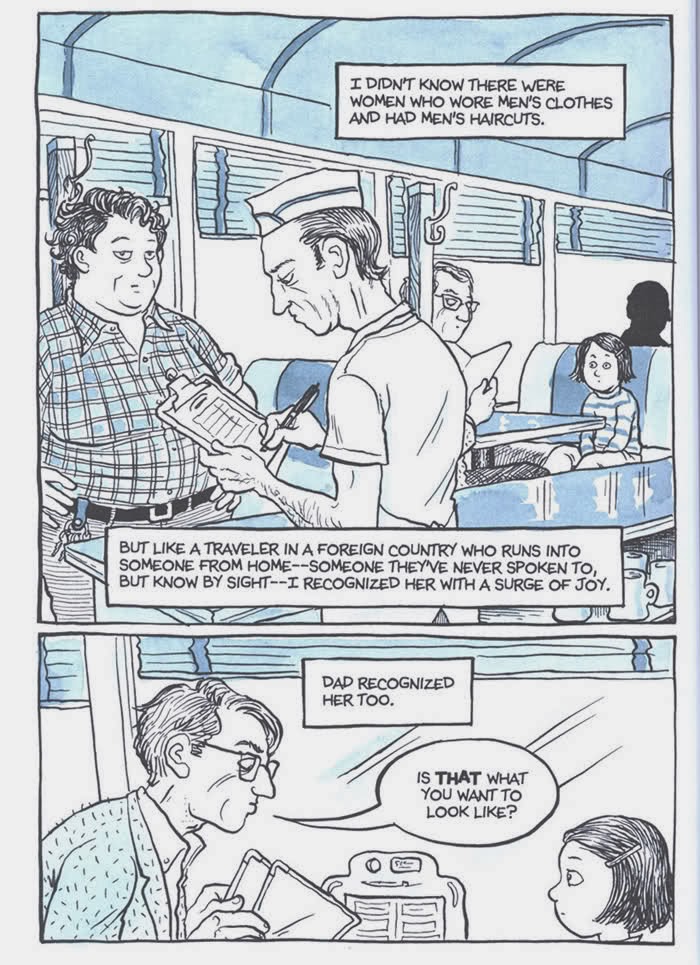Not Everyone is Hiding from Scary Ideas in College

by Eleanor Taylor for the New York Times This article by Judith Shulevitz has been popping up in my Facebook feed all week. Every time I see the girl wrapped up in the fetal position inside a giant ear, I seethe a little bit more. It seems that the Shulevitz piece has hit quite a nerve. Everyone is so ready to castigate the fragile flower millenials/zzzzzs for their inability to get outside of their own heads and hearts. The crux of the argument expressed in the piece seems to be that in an over-medicalized, over-protective culture, students today are perfectly content to sacrifice free speech and independent thought so that they do not ever risk the danger of being "discomfited" or, gasp, "distressed." Writes Shulevitz, "It is disconcerting to see students clamor for a kind of intrusive supervision that would have outraged students a few generations ago. But those were hardier souls. Now students' needs are anticipated by a small army of servic...



